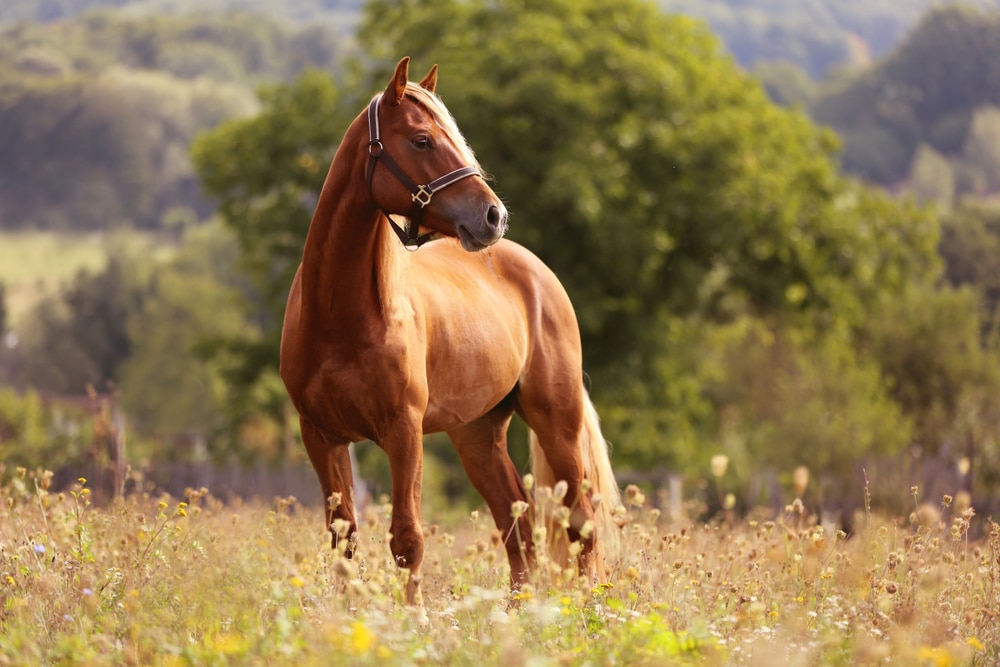Are you thinking of taking an undergraduate with a focus on Equine Studies? Ireland is known world-wide as a leader in the equine industry, and offers many opportunities to people interested in a career working with horses. The National Stud in Kildare receives stallions from all over the world who cover their mares, and foals from this coupling raise big money, especially colts. Opportunities to work abroad after training in Ireland are vast – Irish equestrian workers are in constant demand. Careers include stable hand, jockey, riding instructor, stud manager, breeder, work with the Army Equitation unit, and research work.
Equine Studies
Jockey
Jockeys ride horses in flat races and steeplechase or hurdle races, and are also expected to exercise horses by riding them in gallops, in trials on training grounds and in schooling over fences, They are employed by either the owner or trainer of the horses, No specific standard of education is required, hut the better educated, the more opportunities available to them.
Jockeys need to be between 15 and 17 years old, of short stature, preferably under 5 foot and very light – the upper weight limit is 7 tone, but those over 7 stone should have previous experience with horses, Many riding schools offer the opportunity of exercising their horses, and many prospective jockeys begin their association with the equine industry here, learning whether they have what it takes – dedication, self-iscipline, a professional attitude, not to mention physical strength and a love of horses. They will be entrusted with the handling of horses which may be worth several tens of thousands of pounds.
To train, a jockey needs to apply to RACE (Racing Apprentice Centre of Education) for inclusion in their 42 week pre-apprenticeship course before being placed from there. RACE take on 30 new recruits annually. Alternatively, they can apply directly to a licensed trainer to seek their training with them. It’s possible to start as a groom and work up from there, if you specify an interest in race riding to your employer.
Potential apprentices are initially taken on by trainers for a. 3 month trial period and, if good enough, will he asked to sign a three-year contract as an apprentice jockey. During this time they are allowed to ride in races under certain values. Some steeplechase jockeys can start out in point to point or amateur races and if good enough, aquire a professional Jockeys licence.
If retained by trainer for the racing season, they also receive a retainer fee Apprentice jockeys can progress to professional jockey status by riding a certain number of winners. Advancement is usually by improving on racing perferomance and moving from a small stable to a larger one. Once a jockey’s reputation is established their services will be sought by trainers and the fee and bonus for winning will go up.
Stable Groom
The groom’s duties include feeding, exercising, grooming, and ensuring that the equipment and stables are kept clean and in working order. There are 350 recognised stud farms in the country employing a total of about 1,200 grooms. You should write directly to riding centres, studs, stables, and anywhere where horses are kept looking for full or part-time work or experience.
Training is usually on the job with room and board. A stud farm stable groom could be appointed to Stud Groom, with overall responsibility for the stud’s affairs. In a racing stable, the stable groom could be promoted to Travelling Lad or Head Lad, who has responsibility for directing the other grooms.
Riding Instructor
Riding Instructors teach people to ride and look after horses, as well as preparing students and horses for dressage competitions, showjumping and events, They also might lead treks from riding stables into the countryside. To get on a certified training course, you must be at least 17 with 4 Leaving Cert subjects including English, or be 19 on the date o the exam. Pay for instructors is between £70 and £100 per week, usually with full board. There is currently 100% employment for qualified staff.
Learning the Skills
There are various equine courses available in colleges and equestrian centers around the country. For those interested in horse riding, the Racing Apprentice Centre of Education (RACE) holds a residential 42 week course in Kildare where trainees are taught racing tactics and rules, along with stable management, veterinary science etc. The course is strict and students must be disciplined, as they are required to stay at a certain fitness level at all times.
The University of Limerick has a certificate and diploma in Equine Science, geared towards the management of stud farms equestrian centers and other equestrian businesses. The courses are not all theory, also incorporating practical hands-on experience in horse handling and riding.
Getting the Job
Most equestrian jobs are obtained through word of mouth and some positions are advertised online or in relevant handbooks, magazin, s and newspapers such as the Irish Field.
Personal application to the owner of an equestrian centre is the usual manner of application for a job as a groom or stable hand, while riding instructors or jockeys and trainers will find, positions advertised in relevant magazines.












Comments